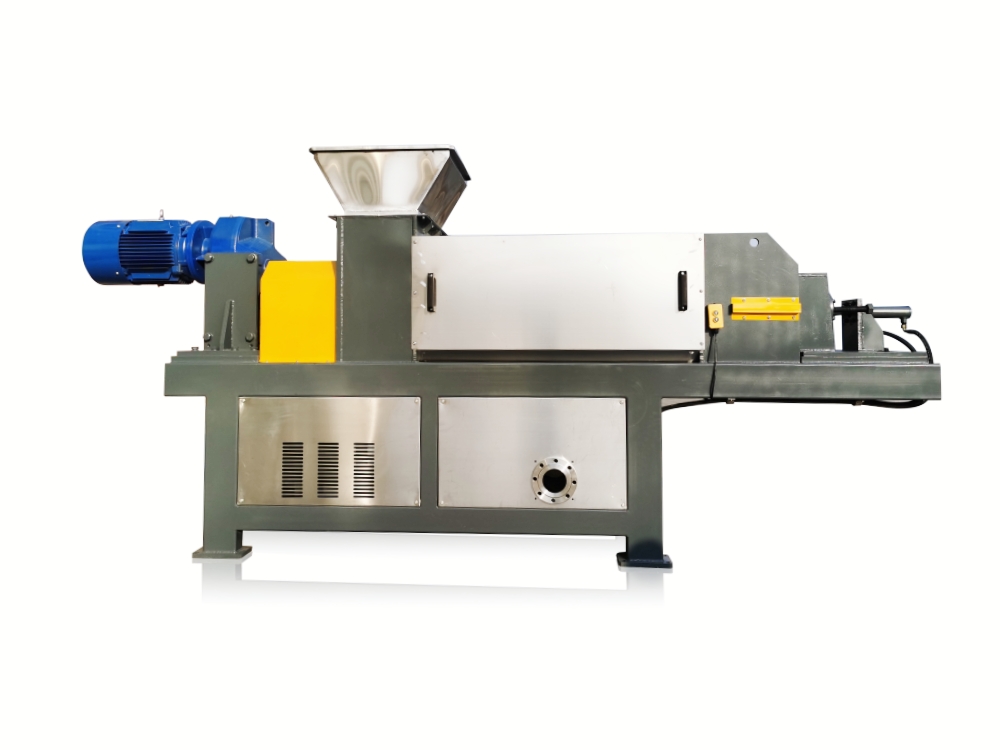
Introduction:
Brewing beer is a complex process that involves various stages, each contributing to the creation of the perfect brew. One often overlooked aspect is the management of beer residue or spent grains produced during the brewing process. The disposal of these byproducts has posed environmental challenges for breweries worldwide. However, recent innovations in beer residue dewatering machines are revolutionizing the brewing industry by not only addressing waste management concerns but also promoting sustainability.
The Challenge of Beer Residue:
Breweries generate significant amounts of spent grains, a byproduct consisting mainly of barley, wheat, and other grains used in the brewing process. Traditional methods of handling these residues involve disposal or, in some cases, repurposing as animal feed. However, these approaches have limitations and can be environmentally taxing.
Innovative Dewatering Machines:
Enter the new era of beer residue dewatering machines, designed to efficiently separate liquid from solid residues. These machines utilize advanced technologies to extract excess water, leaving behind a more manageable and sustainable byproduct.
Screw Press Dewatering:
One of the cutting-edge technologies employed is the screw press dewatering method. This process involves using a screw mechanism to compress and squeeze out the liquid content from the spent grains. The result is a drier residue that is easier to handle and transport.
Centrifugation Techniques:
Centrifuge-based dewatering machines leverage the principles of centrifugal force to separate water from solid residues. This method is highly effective in achieving a high level of moisture reduction in spent grains.
Benefits of Beer Residue Dewatering Machines:
Reduced Environmental Impact:
By efficiently dewatering spent grains, breweries can significantly reduce their environmental footprint. The resulting dry residue is easier to transport and can be repurposed more sustainably.
Resource Optimization:
Dewatering machines contribute to resource optimization by recovering excess water from spent grains. This water can be reused in various brewing processes, promoting water conservation within the brewery.
Cost Savings:
Breweries adopting these technologies can experience cost savings in waste disposal and water consumption. The initial investment in dewatering machines is often outweighed by the long-term benefits.
Versatility in Byproduct Use:
The drier spent grains produced by these machines open up new possibilities for repurposing, beyond traditional animal feed. This versatility enhances the economic value of the byproduct.
Conclusion:
Innovations in beer residue dewatering machines mark a significant step forward for the brewing industry's sustainability efforts. By addressing the environmental challenges associated with spent grains, breweries can contribute to a more eco-friendly and resource-efficient future. As these technologies continue to evolve, the brewing process may become not only a source of exceptional beer but also a model for sustainable waste management in the broader context of food and beverage production

 TEL:+86 17753651813
TEL:+86 17753651813
 EMAIL:liumeifang@chuantaimc.com
EMAIL:liumeifang@chuantaimc.com
 WeChat:17753651813
WeChat:17753651813
 ADD:Fangzi District, Weifang City, Shandong Province, China
ADD:Fangzi District, Weifang City, Shandong Province, China
Copyright © 2022-2024 Chuantai Machinery, INC. All Rights Reserved.
sitemap Screw Press Dewatering Machine